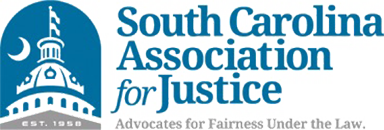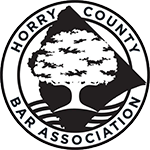![worker waxing hotel lobby floor creating a slipping hazard]() South Carolina Slip and Fall Lawyer
South Carolina Slip and Fall Lawyer
If you're like most people, you were embarrassed when you slipped and fell in a public place. You probably tried to jump back up and shake it off. We've all been there! But if you weren't able to get back up—or you discovered later that you had a broken bone or a concussion—you need to push aside your embarrassment and find out if you have a claim for damages against the store, restaurant, theater, or other business where the accident occurred.
You can do that by contacting an experienced personal injury lawyer who will listen to your story without blame or judgment. Brooke Eaves Wright at Wright Injury Law is here to help.
Typical Injuries Sustained in Slip and Fall Accidents
Fractures and Broken Bones. A slip and fall can lead to individuals landing on outstretched arms or legs, resulting in fractures or broken bones. Additionally, hip fractures are common among older adults who are more prone to falling.
Sprains and Strains. Awkward landings during a slip and fall can cause ligaments and muscles to stretch beyond their normal limits, resulting in sprains and strains. Ankles and wrists are particularly vulnerable.
Head Injuries and Traumatic Brain Injuries (TBIs). When an individual falls and strikes their head on a hard surface, it can lead to head injuries, concussions, or even more severe traumatic brain injuries. This can occur if there's a lack of protection, such as helmets, during a fall.
Back and Spinal Cord Injuries. Impact on the back during a fall can cause injuries to the spine or result in herniated discs. Falls from elevated surfaces or downstairs are common scenarios leading to these injuries.
Soft Tissue Injuries. Impact with hard surfaces or objects during a fall can cause various soft tissue injuries, including strains, sprains, contusions, abrasions, and lacerations. These injuries often occur when individuals fall on uneven or poorly maintained surfaces.

 South Carolina Slip and Fall Lawyer
South Carolina Slip and Fall Lawyer








